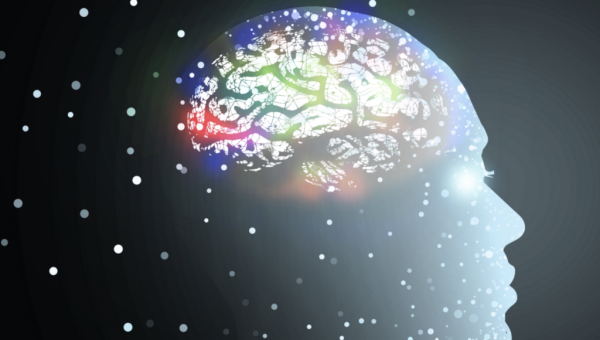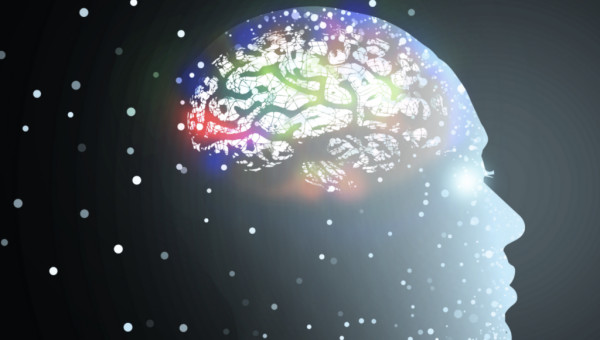

A new study from MIT’s Media Lab has raised concerns about how AI tools like ChatGPT may be dulling our cognitive abilities. The research involved 54 participants aged 18 to 39, who were divided into three groups: one used ChatGPT to write SAT-style essays, another used Google Search, and the last relied solely on their own knowledge—no tools, no tech. While the participants wrote their essays, researchers monitored 32 regions of brain activity using EEG headsets to measure engagement levels.
AI vs. Effort: ChatGPT Use Linked to Lower Brain Engagement and Creativity
The results were alarming for AI enthusiasts. The ChatGPT group showed the lowest brain activity across the board. Their essays were often described as “soulless” by English teachers, and EEG data revealed declining levels of creativity, focus, and effort with each assignment. By the final task, many were just pasting prompts into ChatGPT and copying the responses with almost no editing. Their disengaged behaviour was reflected clearly in their brainwaves.
In contrast, the group that wrote without any assistance showed the highest brain engagement, especially in areas linked to imagination, attention, and memory. These participants also reported greater satisfaction and pride in their work. Even the Google Search group performed better than the ChatGPT users, suggesting that the act of searching and evaluating information keeps the brain more active than relying entirely on AI.
AI Dependence Threatens Brain Development
Lead researcher Nataliya Kosmyna found the results serious enough to release before peer review. With schools and policymakers pushing AI into classrooms, she warns that “GPT kindergarten” could be harmful—especially since young, developing brains are most at risk. One troubling finding came when ChatGPT users were asked to rewrite an earlier essay from memory: they couldn’t remember their own arguments. Since the AI had done the work, their brains never retained the material.
Adding to the irony, when the study was published, many readers used ChatGPT to summarize it—some even misquoted basic facts the researchers had intentionally altered as traps. Psychiatrists like Dr. Zishan Khan are also concerned, saying overreliance on AI is already weakening mental connections in students. Kosmyna’s team is now studying programmers who use AI to code—and early results are, according to her, “even worse.” While AI tools can be helpful, this study serves as a stark reminder: our brains still need exercise. Convenience should never replace curiosity.
Summary:
A study by MIT revealed that using ChatGPT for writing leads to lower brain engagement, creativity, and memory retention. Participants relying solely on their minds showed the highest cognitive activity. Experts warn that overdependence on AI, especially in education, could weaken developing brains and long-term mental abilities.